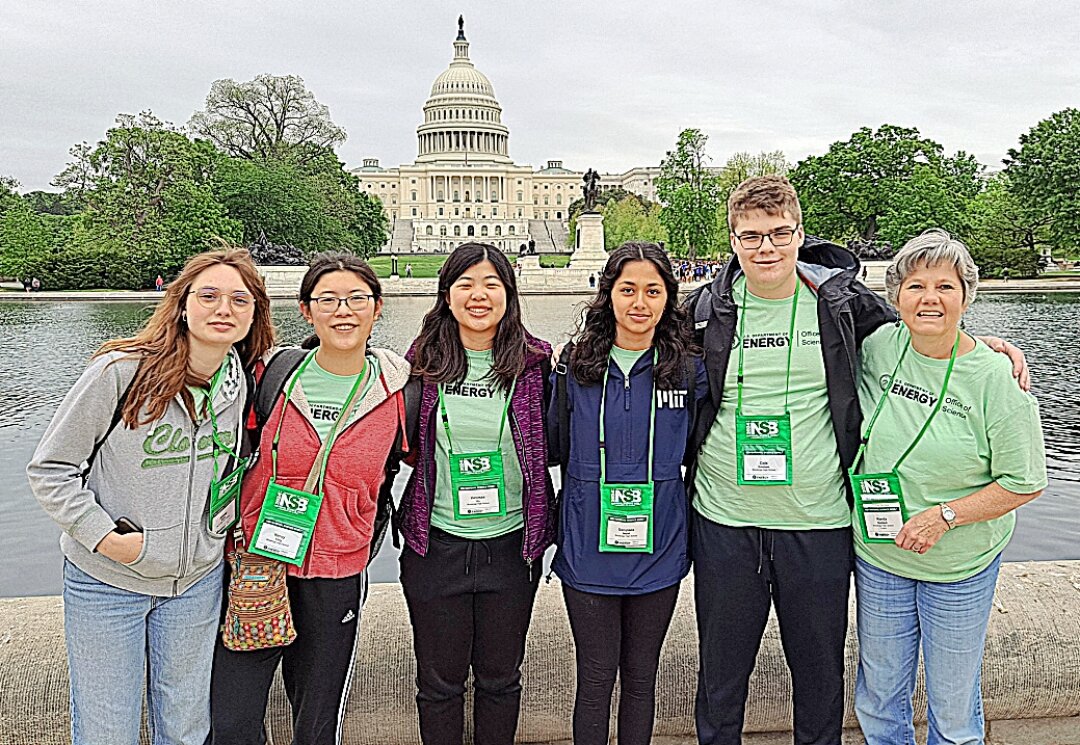Due to the impact of climate change on coffee plant growth, Nestlé is using data science and artificial intelligence technologies to develop climate-resilient plants in challenging environments. By utilizing AI technology and a digital database of coffee traits, Nestlé aims to create more sustainable coffee cultivation methods and breed disease- and drought-resistant beans.
The focus on Arabica coffee strains is critical, as they make up a significant portion of global coffee production. However, Arabica plants face challenges such as susceptibility to diseases and lower heat tolerance. To address this issue, Nestlé collaborated with the French National Institute for Sustainable Development and other academic partners to develop an advanced Arabica reference using genomics approaches. This initiative is part of Nestlé’s Nescafé Plan 2030, which aims to promote regenerative agriculture practices.
Nestlé’s coffee segment has been experiencing growth, with its brands like Nescafé, Nespresso, Dolce Gusto, Starbucks Coffee at Home, and Blue Bottle Coffee contributing significantly to its revenue. During investor calls, the company reported high single-digit growth rates in coffee sales within the powdered and liquid beverages segment. The use of data science and AI to develop climate-resilient coffee plants underscores Nestlé’s commitment to sustainability and innovation in the coffee industry.
In conclusion, Nestlé is leveraging data science and artificial intelligence technologies to develop climate-resilient plants in challenging environments. By focusing on Arabica strains and developing advanced references using genomics approaches, the company aims to create more sustainable coffee cultivation methods that can withstand the effects of climate change. With its strong commitment to sustainability and innovation in the coffee industry, Nestlé continues to lead the way towards a more resilient future for global food production.


